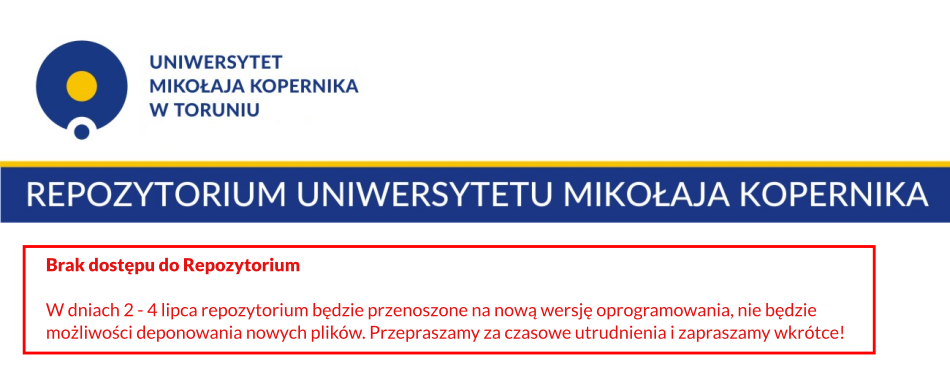| dc.contributor.author |
Trawka, Paulina |
| dc.contributor.author |
Wilczyński, Michał |
| dc.contributor.author |
Porada, Mateusz |
| dc.contributor.author |
Nawrocka, Agnieszka |
| dc.contributor.author |
Flegiel, Ewelina |
| dc.contributor.author |
Mlicki, Paweł |
| dc.contributor.author |
Rymarska, Olga |
| dc.contributor.author |
Osiak, Joanna |
| dc.contributor.author |
Jabłońska, Magdalena |
| dc.contributor.author |
Wszelaki, Patrycja |
| dc.contributor.author |
Kędziora-Kornatowska, Kornelia |
| dc.date.accessioned |
2019-07-17T07:11:39Z |
| dc.date.available |
2019-07-17T07:11:39Z |
| dc.date.issued |
2019-07-01 |
| dc.identifier.citation |
Journal of Education, Health and Sport, No. 7, Vol. 9, pp. 303-312 |
| dc.identifier.issn |
2391-8306 |
| dc.identifier.other |
doi:10.5281/zenodo.3337391 |
| dc.identifier.uri |
http://repozytorium.umk.pl/handle/item/5920 |
| dc.description.abstract |
Background: Influenza is a disease affecting the human respiratory system. A common problem is to confuse colds with influenza, which results in problems with vaccination and complications related to influenza. Particular attention should be paid to the treatment of influenza, as it is a serious health risk if not treated in the elderly. Research conducted by scientists from Taiwan shows that currently the best way to protect against influenza is preventive vaccination. In addition to vaccination, antiviral drugs (Oseltamivir, Zanamivir, Amantadine, Rimantadine), antipyretics (aspirin, paracetamol) are used. Attention is paid to natural methods (ginseng extract, root lichen extract) and supplements (vitamin C, zinc). Material and Methods: This article is based on a review of the current state of knowledge on influenza in the elderly. The most up-to-date literature with EBSCO, Google Scholar and PubMed has been reviewed. Key words such as influenza, influenza complications, vaccinations, influenza treatment. Results: In the context of the above topics, particular attention is paid to the elderly, in whom a low level of immunity predisposes to getting sick. An increase in the incidence of disease causes an increase in the mortality of older people. Complications following the occurrence of influenza are closely related to the type of virus, where the influenza A virus classified as the heaviest in the course. It has been proven that the bird influenza virus is also a threat to humans. The classic symptoms of influenza are cough, fever, while complications associated with untreated influenza are primarily myocarditis or pneumonia. Conclusion: Due to the decline in immunity, older people are particularly at risk of influenza virus. Scientists have demonstrated the high effectiveness of protective vaccination, but one should remember to repeat them every year. Vaccinations in the elderly have reduced effectiveness, which is why antiviral therapies, natural methods and supplements are used. In the rational treatment of influenza, it is noted that natural methods and supplements are an addition to classic antiviral therapy. |
| dc.language.iso |
eng |
| dc.rights |
Attribution-NonCommercial-ShareAlike 4.0 International |
| dc.rights |
info:eu-repo/semantics/openAccess |
| dc.rights.uri |
http://creativecommons.org/licenses/by-nc-sa/4.0/ |
| dc.subject |
influenza in the elderly |
| dc.subject |
complications from influenza |
| dc.subject |
vaccinations |
| dc.subject |
influenza treatment |
| dc.title |
The impact of influenza on elderly patients |
| dc.type |
info:eu-repo/semantics/article |


